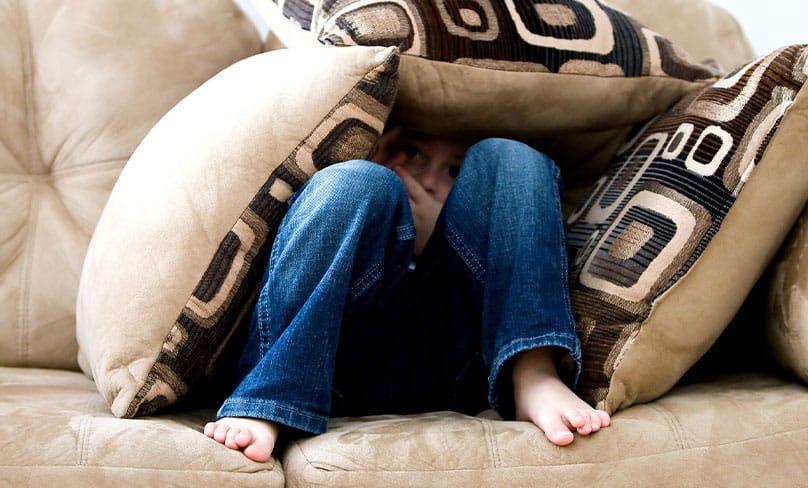
Leading child protection experts are calling for changes to Australia’s assault laws to cover physical punishment of children in their homes.
The use of corporal punishment was banned in schools in 1997, but there are still exemptions for ‘reasonable chastisement’ of children by parent or carer.
Australian Catholic University’s Professor Daryl Higgins says that’s not good enough, as thousands of studies worldwide show that corporal punishment of children, on average, leads to negative consequences for children in the short term and when they become adults.
“They struggle with things like social and emotional difficulties, immediately in terms of things like aggression and poor impulse control …”
“Removing the exemptions relating to reasonable chastisement does not cover things like stopping a child from hurting themselves or hurting somebody else,” he explains.
“For example, restraining them to prevent them from running on to a busy road is a good parenting practice. In and of itself it’s not enough though, you’d also want to use positive parenting strategies to explain why that was a real risk and help them understand where and how to cross and so forth.
“But the science is very clear that on average it is worse for children when they experience corporal punishment.

“They struggle with things like social and emotional difficulties, immediately in terms of things like aggression and poor impulse control, but there are also longer term impacts on adult mental health and wellbeing.
“In adulthood we see things like depression and anxiety, relationship difficulties, and we can see the link between exposure to corporal punishment in children and a greater risk of engaging in violence in adulthood.”
Professor Higgins is the director of ACU’s Institute of Child Protection Studies and one of the key researchers behind the Parenting and Family Research Alliance (PAFRA).
He recently lead an online workshop with experts from Wales, Ireland, New Zealand and Canada to discuss lessons learned from their legislation banning corporal punishment of children.
Speakers included National Children’s Commissioner Anne Hollonds, Ambassador for Children and Young People in Western Australia Linda Savage, former Wales Children’s Commissioner Sally Holland and leader of Irish campaign to ban corporal punishment Jillian van Turnhout.
“We are not calling for a new law to ban corporal punishment, we’re calling for amendments to the existing assault laws that provide the use of reasonable chastisement as an exemption from prosecution,” Professor Higgins explained.
“We need to support them in learning to use more effective parenting strategies that are positive and that produce wellbeing outcomes for children.”
“We know that any form of corporal punishment is associated with bad things and not associated with any good things other than immediate compliance. So even if you look at not progressing to physical abuse per se, just in and of itself it’s not a good parenting strategy.
“As a community Australia needs to do better for our kids and therefore that means we have to do better for our parents. We need to support them in learning to use more effective parenting strategies that are positive and that produce wellbeing outcomes for children and don’t produce the negative ones that we know are associated with the use of corporal punishment.
“And so we are also calling for better population-level supports for parents to be able to learn a better way, and we know that parents deserve that kind of support.”
